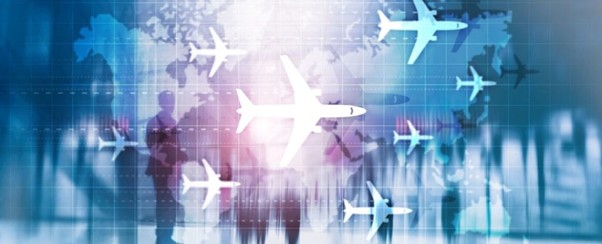As the global aviation sector recovers from the shocks of the COVID-19 pandemic and navigates through technological disruptions and workforce shortages, the ICAO Next Generation of Aviation Professionals (NGAP) initiative emerges as a vital response to ensure a sustainable and competent talent pipeline. While NGAP is global in scope, Indonesia has risen not just as a participant—but as a leader—particularly in championing human capital development for the global South.
Understanding NGAP: A Global Call for Talent
Established by the International Civil Aviation Organization (ICAO), NGAP aims to ensure that the future of international aviation is supported by qualified, competent, and sufficient human resources. Resolution A39-29 of the ICAO Assembly (2016) called on all member states to develop national strategies to attract, train, and retain aviation professionals, recognizing growing concerns such as mass retirements, talent outflow during the pandemic, limited access to quality training, and growing competition for high-skilled workers.
“The aviation sector faces critical challenges in workforce renewal. We must act together to ensure a sustainable, skilled, and diverse next generation,” stated ICAO Secretary General Juan Carlos Salazar in a recent NGAP forum. He emphasized that the 2026–2050 Strategic Plan and 2026–2028 Business Plan of ICAO place “attracting new talent” among the highest priorities.
A Regional Leader with Global Reach
Indonesia has responded to the NGAP mandate with robust national strategies and a growing international footprint. One of its flagship efforts lies in PTKL (Perguruan Tinggi Kementerian dan Lembaga) under the Centre for Human Resources Development in Air Transportation, part of the Human Resources Development Agency within the Ministry of Transportation of Republic of Indonesia, which has become the frontline of aviation talent development in Indonesia.
Institutions such as: Politeknik Penerbangan Indonesia (PPI) Curug, Poltekbang Surabaya, Poltekbang Makassar, Poltekbang Palembang, Poltekbang Medan, Poltekbang Jayapura, Akademi Penerbang Indonesia (API) Banyuwangi, and Balai Pendidikan dan Pelatihan Penerbangan (BPPP) Curug.
have integrated ICAO-aligned curricula, blended learning models, and simulation-based training. These institutions are now internationally recognized for their contribution to ICAO’s Developing Country Training Program (DCTP), offering accredited courses that benefit not just Indonesians, but aviation personnel from other developing nations.
“Indonesia has taken the initiative to train not only its own professionals but also those from countries in need. This is global solidarity in action.”
— Mohamed Khalifa Rahma, Director ICAO Technical Cooperation Bureau, following the successful delivery of Indonesia’s certified training programs to African and ASEAN member states.
Indonesia’s capacity-building assistance is delivered through: Scholarships for foreign students, regional training collaborations, Instructor exchange programs, and Remote learning systems for least developed countries (LDCs).
This positions Indonesia not merely as a beneficiary of ICAO programs, but as a provider of South-South cooperation in aviation education and human resource development.
Human Capital as a Global Asset
Indonesia’s policy direction resonates with ICAO’s NGAP vision of creating “a global aviation community that has sufficient and competent human resources to support a sustainable aviation system that connects the world for the benefit of all people.”
This vision aligns with Indonesia’s strategic philosophy. As stated in a recent speech by M. Abrar Tantulanai, Head of the Centre for Human Resources Development in Air Transportation: “Education is not only about who is being trained, but about who is being served. And Indonesia has chosen to serve the world.”
This commitment is increasingly reflected in Indonesia’s aviation diplomacy—hosting NGAP-related forums, engaging in ASEAN civil aviation task forces, and participating in ICAO Global Aviation Training activities.
Charting the Path Ahead
As the global aviation ecosystem evolves, ICAO highlights four key focus areas for NGAP implementation: Attract, Educate, Retain, and Align. These require not only infrastructure and policy, but also a mindset shift toward treating aviation human capital as a global common.
Indonesia is steadily advancing across all these dimensions—expanding training accessibility, improving gender inclusion, and modernizing curricula to include digital aviation, sustainability, and safety culture.
In doing so, the country fulfils not just a national obligation but a global one. It reaffirms that the future of aviation doesn’t belong only to major economies, but to every nation willing to invest in people.

